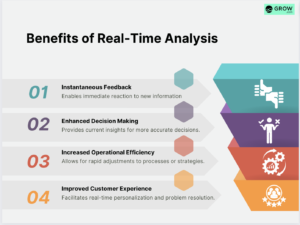
Surviving hardships, such as floods, serving in military duty, or experiencing abuse in a relationship, are all forms of trauma. If you’ve had an experience that left you with intrusive thoughts, flashbacks, nightmares, or PTSD, try therapy. There are many types of therapies to help you face past traumatic experiences. Here’s how they can aid in dealing with traumatizing events from your past.
Cognitive Behavioral Therapy
An effective way of dealing with trauma is through cognitive behavioral therapy (CBT). Someone who was in an abusive relationship may internalize negative words from their partner, affecting their self-esteem. If the abusive relationship left the person believing “I’m unworthy,” the therapist can help them reframe such thoughts into “I’m worthy and deserving of love and respect.” CBT helps you discover the link between your mind, feelings, and behavior. A traumatic event might distort your thoughts and leave you with negative beliefs about yourself or the world. CBT can aid you in identifying when such thoughts arise and replace them with more positive, realistic ones.
For a person who’s anxious about socializing, the therapist could help them gradually regain their social confidence. This could be through initiating contact with a friend, attending a social event weekly, or engaging in mock conversations with the therapist to practice. CBT techniques could also help you regain a sense of control, allowing you to perform daily tasks without feeling overwhelmed.
Trauma-Focused Therapy
If you need help to process traumatic memories in a safe and supportive environment, trauma-focused therapy (TFT) will help. A life-altering event might lead to avoidance, where people shy away from anything reminding them of the experience. An individual who survived a car crash might avoid driving or riding in vehicles, which could affect other areas of their lives, such as commuting to work.
During TFT, the psychotherapist might work to expose them to situations that allow them to confront their fears. They could start by sitting in a stationary car and progress to driving short distances under supervision. With time, TFT may enable them to overcome their intense response to triggers.
Eye Movement Desensitization and Reprocessing
Another method used to help people reprocess upsetting memories is eye movement desensitization and reprocessing therapy (EMDR). It uses bilateral stimulation, such as eye movements, to enable your brain to reprocess the event in a way that lessens its emotional impact. If you’re experiencing post-traumatic stress disorder (PTSD), EMDR might help you deal with the intrusive memories.
The psychotherapist guides you through a structured process where you recall the memories while focusing on external stimuli like following their finger with your eyes. This may reduce the memory’s intensity as you describe the event. Reprocessing memories through EMDR might also lower the occurrences of flashbacks and panic attacks.
Get Trauma Help Today
Going to a psychotherapist to deal with traumatic events could allow you to gain a sense of control and peace in your life. After consultation, a psychotherapist will determine your best form of treatment, whether CBT, TFT, EMDR or any other method. You’ll not only process distressing memories but also release physical tension and learn how to cope with the aftermath. Visit psychological services today to book a trauma therapy appointment and change your life.






